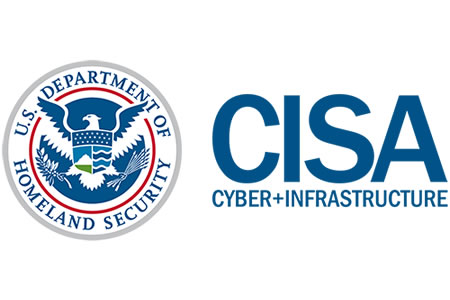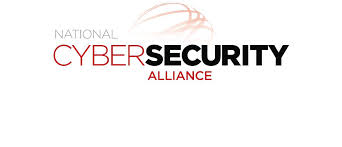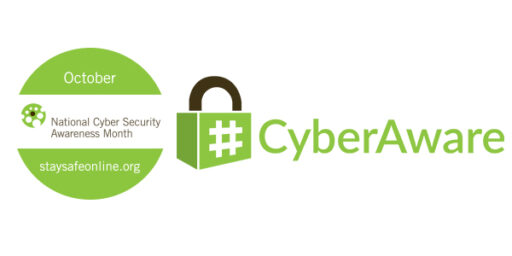The Internet touches almost all aspects of our daily lives. We are able to shop, bank, connect with family and friends, and handle our medical records all online. These activities require you to provide personally identifiable information (PII) such as your name, date of birth, account numbers, passwords, and location information. #BeCyberSmart when sharing personal information online to reduce the risk of becoming a cybercrimes victim.
DID YOU KNOW?
• 64% of U.S. adults have noticed or been notified of a major data breach affecting their sensitive accounts or personal data.
• Roughly half of Americans (49%) feel that their personal information is less secure than it was five years ago.
• 58% of Americans age 50 and older are more likely to feel that their personal information has become less safe in recent years: 58% of Americans in this age group express this opinion.
• 69% of consumers believe companies are vulnerable to hacks and cyberattacks.
SIMPLE TIPS TO OWN IT.
• Double your login protection. Enable multi-factor authentication (MFA) to ensure that the only person who has access to your account is you. Use it for email, banking, social media, and any other service that requires logging in. If MFA is an option, enable it by using a trusted mobile device, such as your smartphone, an authenticator app, or a secure token—a small physical device that can hook onto your key ring. Read the Multi-Factor Authentication (MFA) How-to-Guide for more information.
• Shake up your password protocol. According to NIST guidance, you should consider using the longest password or passphrase permissible. Get creative and customize your standard password for different sites, which can prevent cyber criminals from gaining access to these accounts and protect you in the event of a breach. Use password managers to generate and remember different, complex passwords for each of your accounts. Read the Creating a Password Tip Sheet for more information.
• Be up to date. Keep your software updated to the latest version available. Maintain your security settings to keeping your information safe by turning on automatic updates so you don’t have to think about it, and set your security software to run regular scans.
• If you connect, you must protect. Whether it’s your computer, smartphone, game device, or other network devices, the best defense against viruses and malware is to update to the latest security software, web browser, and operating systems. Sign up for automatic updates, if you can, and protect your devices with anti-virus software. Read the Phishing Tip Sheet for more information.
For more information about connecting with confidence visit: National Cyber Security Awareness Month 2019



